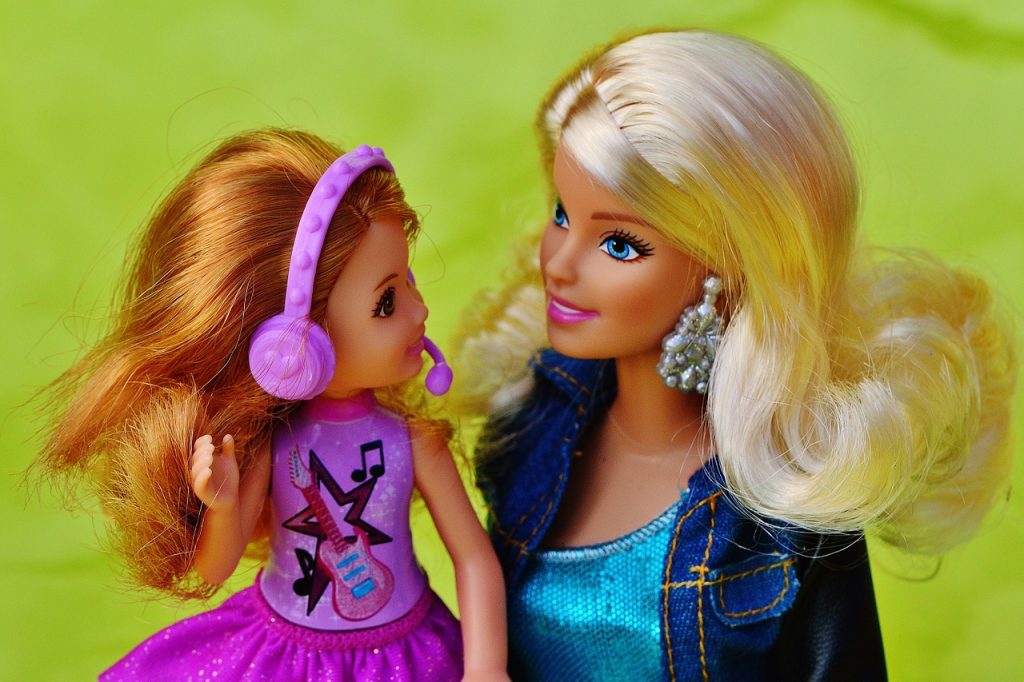When looking for your next nanny job, it’s important to thoroughly read through the nanny job listing and to be on the lookout for any warning signs that could spell trouble in the future.
The first step is to remember that not everyone knows exactly what a nanny is or what duties fall under the job title. First-time parents, especially can be slightly confused about what they can and can’t ask a nanny to do and so it’s important that you take the time to read through each listing and note down any questions that need clarifying by the employer during the interview or before-hand over the phone.
Top Tip: If possible, try to contact the employer over the phone as this will give you a better feel for who they are and what they want than communicating via email. It’s also a great way to make yourself stand out from the competition as they’ll be able to start getting to know you before you even set foot in the interview.
To help you identify the good listings from the bad, we’ve made a list of the most important red-flags that you should lookout for in a nanny job listing and interview.
Continue reading “What Should You Watch Out for in Nanny Job Listings?”










